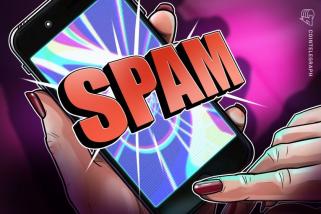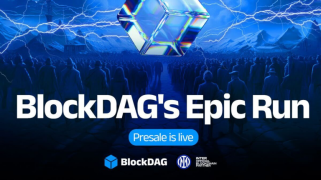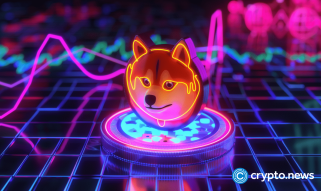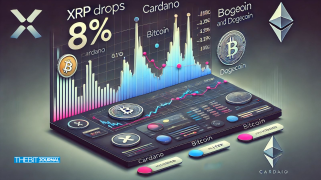
While some consider the Ordinals protocol a nuisance to Bitcoin, others double down on its bet on the place of nonfungible tokens (NFTs) in the Bitcoin ecosystem.
On Dec. 18, OKX’s NFT marketplace surpassed its competitors in daily trading volume as traders became more interested in Bitcoin-based NFTs. Doubling down on the move to support Bitcoin NFTs, the company announced on Jan. 29 that it will add Atomicals and Runes to its marketplace. In addition, it will also add Dogecoin’s Doginals, venturing into supporting Ordinals in other chains.
Apart from its marketplace, OKX also announced that it would support the token standards from Atomicals, Stamps, Runes and Doginals on its Web3 Wallet.
Guess which #Bitcoin NFT collections are in the gallery
— OKX (@okx) December 18, 2023
________________
╱| ______________ ╱|
| || |
| |️| |
| || |
|╱  ̄  ̄ ̄ ̄  ̄ |╱
 ̄ ̄ ̄ ̄ ̄
While OKX openly supports Ordinals and other Bitcoin protocols, other Bitcoin ecosystem members explicitly expressed their dislike of Bitcoin Ordinals, with some even dubbing Ordinals as digital spam. However, Jason Lau, the chief innovation officer at crypto exchange OKX, disagrees.
Lau told Cointelegraph in a statement that “there is no such thing as spam” in open and permissionless networks like Bitcoin. The executive believes that all transactions are valid as long as the fees are paid and they conform to consensus rules. He added:
“Historically, OKX has been a strong supporter of the Bitcoin ecosystem, being one of the earliest to support upgrades like SegWit, Taproot and Lightning, and Ordinals are no different.”
The executive also argued that Ordinals and inscriptions can open up new use cases for users and provide a new design space for developers. “Inscriptions have the potential to be powerful digital collectibles as they store data and art on-chain and allow for new types of NFTs to be created.”
Related: 90s FPS game Doom runs on Dogecoin via Ordinals
On Dec. 19, half a dozen blockchains, including Arbitrum, Avalanche, Cronos, zkSync and The Open Network, experienced full or partial outages. This was because of a frenzy of transaction activity driven by people creating inscriptions on other networks, similar to Bitcoin Ordinals.
When asked about inscriptions’ potential to clog up blockchains, Lau described these as “growing pains.” According to the executive, these are inevitable in the early stages of adoption. Lau said that dealing with such issues is “normal” but will get resolved as time passes.
“While it’s still early stages for the inscriptions ecosystem, we see a unique opportunity for inscriptions to grow as we expand our support beyond just BRC-20 to include emerging standards like Atomicals, Stamps, Runes and Doginals,” Lau explained.
Magazine: Ordinals turned Bitcoin into a worse version of Ethereum: Can we fix it?


 Optimisus
Optimisus Thecoinrepublic.com
Thecoinrepublic.com Cryptopolitan_News
Cryptopolitan_News CaptainAltcoin
CaptainAltcoin DogeHome
DogeHome crypto.news
crypto.news Thecryptoupdates
Thecryptoupdates The Bit Journal
The Bit Journal






















